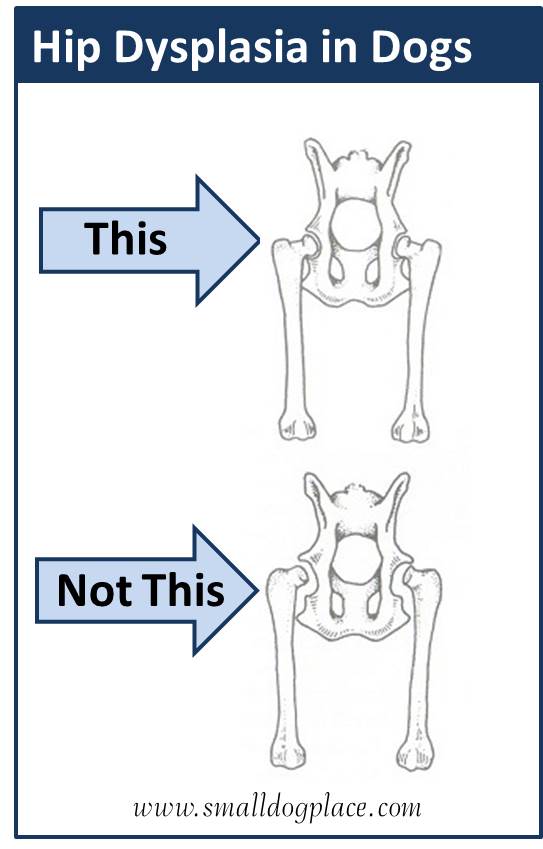Welcome to Small Dog Place:
Where Small Dogs are Top Dogs
Bigger might be better to some but we think the best comes in small packages especially when it comes to that tiny canine. And, since you are here, we think you might agree.
Oh, the Joy of Being Owned by Small Dogs
There is so much to love and appreciate about small breed dogs.
Their small size makes them perfect for:
- Apartment and city dwellers as well as those that live in the country
- The young and old and everyone in between
- For singles, couples, and those with families
- Hot Climates, Chilly and cold Places
- Basically just about anyone - anywhere
- Those Highly active and couch potatoes
- Some are super playful, others highly intelligent
- All are loving and loyal
But any dog, big or small deserves not only your love and
understanding, but also some work on your part. That is the purpose of
this site.
You have questions about which breed is best for you? We have answers.
You have concerns about your dog? We are here to problem solve with you.
Maybe you just need some pointers on how to feed, groom, train or care for a pint-size dog.
Everything Small Dogs
With over 500 pages on this site and growing daily, there's lots to learn.
Here are some of the most popular topics, so scroll down and see if there is anything of interest to you. Are you new to dog ownership?
Start your search below.
Types of Small Dogs
Perhaps you are looking for a specific type of dog. We have them grouped into categories for easy browsing.
Small Dog Care
- Grooming Your Small Dg
- Training Resources
- Health and Wellness Articles
- Nutrition for Small Dogs
- Food and Feeding Guidelines
- Safety and First Aid
- Dog Behavioral and
- Psychological (Emotional) Problems
- Out and About (Lifestyle)
The Ultimate Small Breed Puppy Guide
Just getting started with a small puppy? There are hundreds of resources on this site to make your new adventure easier.
The Ultimate Dog Names Resource
Your Free New Puppy Guide (Start Here)
Your Comprehensive Guide to Puppy Development
Dealing With Your Puppy Problems
Dogs on Small Dog Place Have One Thing in Common:
They are All Small
Just 25 pounds and under
But beyond that, there are so many ways small dogs differ...
- Some are perfect for the most active and athletic among us.
- Then, there are those that do an admirable job of keeping our couches warm.
- Some are vocal and others rarely bark.
- There are some so intelligent, that training is a breeze.
- Some are feisty and playful and others docile and devoted.
- Some that require hours of pampering and those who’s grooming needs fit neatly into anyone’s schedule.
- All that in a small package makes it easy to see how they can steal our hearts with that first puppy kiss!
- Some give your vacuum cleaner a work out and others that never shed.
- Find your next Best Friend right here at Small Dog Place
Recent Articles
-
Have a Nervous Dog or Puppy? 7 Ways to Help a Shy or Anxious Dog
Apr 25, 24 12:12 PM
Have a nervous dog or puppy? Are You wondering if there is anything that can help him feel more secure. There are ways you can help starting today. -
Bored Dog? 8 Signs Your Dog Could Be Bored
Apr 25, 24 11:40 AM
Think you might have a bored dog? Here are 8 signs that your dog might be bored. -
Do You Believe that Small Dogs are More Aggressive?
Apr 25, 24 11:35 AM
Are Small Dogs More Aggressive than large breed dogs? There are many reasons dogs are aggressive, but many people think small dogs are very aggressive. Truth? -
Small Dog Safety
Apr 25, 24 11:31 AM
Your small dog safety guide: Articles to help keep your small dog safe in the house and out and about. -
Hip Dysplasia in Small Dogs: What You Should Know
Apr 25, 24 10:54 AM
Hip dysplasia in small dogs is real. Find out which breeds are affected, causes, and treatment options.

Hi, I'm Janice and I'm the person behind this site.
I love dogs, especially little ones and I want to be here to help you discover your special breed, then answer some of the questions and concerns you might have bringing your new puppy home, keeping him safe and healthy, and learning how to care for a dog throughout his entire life.
Please feel free to learn more about me and I hope to hear from you and get to know you better too. Enjoy.

Small Dog Place
About Janice (author and voice behind this site)
Having lived with dogs and cats most of her life, Janice served as a veterinary technician for ten years in Maryland and twelve years as a Shih Tzu dog breeder in Ohio.
Her education includes undergraduate degrees in Psychology with a minor in biology, Early Childhood Education, and Nursing, and a master's in Mental Health Counseling.
She is a lifelong learner, a dog lover, and passionate about the welfare of animals. Her favorite breed for over 50 years has been the Shih Tzu, but she has also lived with Poodles, Maltese, Yorkshire Terriers, Beagles, English Bulldogs, Carin Terriers, and a Cocker Spaniel.
When not writing, reading, and researching dog-related topics, she likes to spend time with her eight Shih Tzu dogs, husband, and family, as well as knitting and crocheting. She is also the voice behind Miracle Shih Tzu and Smart-Knit-Crocheting
Does This Article Deserve Your Thumbs Up?
We always appreciate your support and encouragement. Your thumbs up means so much to us. Please like this article.
If you find this page or any page on Small Dog Place Helpful, or useful in anyway, I'd love it if you would click the small heart found on the bottom right of each page.
You can also share or bookmark this page -- just click on the:

Free Monthly Newsletter
Sign Up for Our Free Newsletter and get our Free Gift to You.
my E-book, The Top 10 Mistakes People Make When Choosing a Dog (and how to avoid them)





















